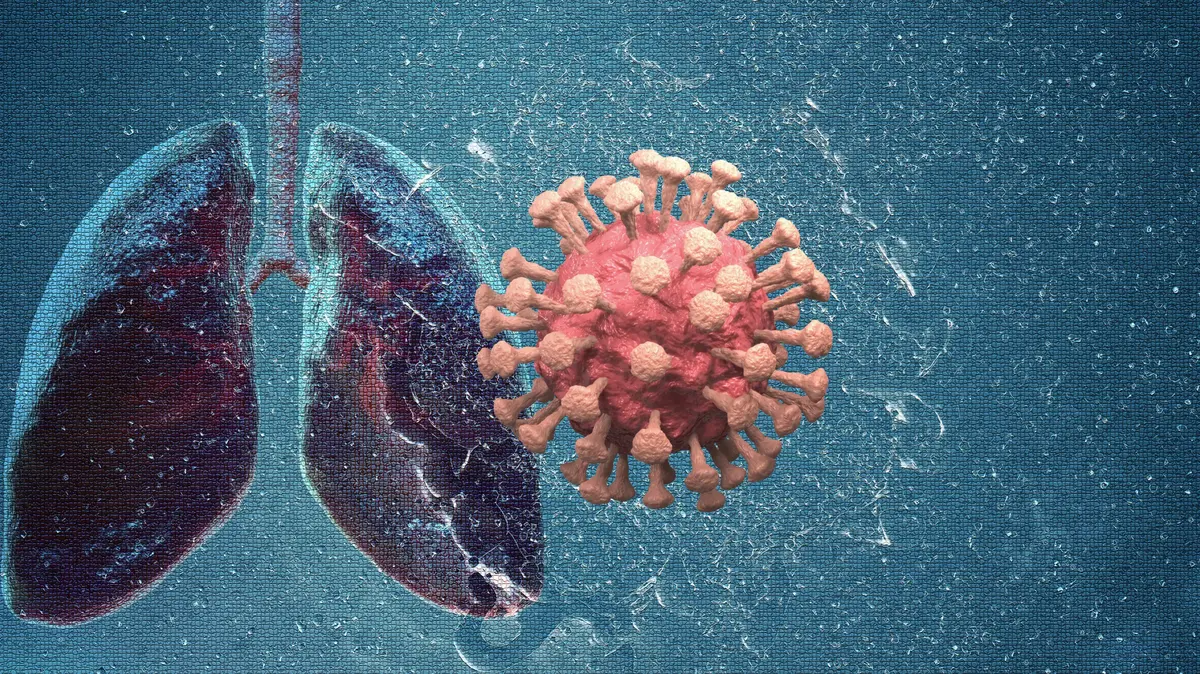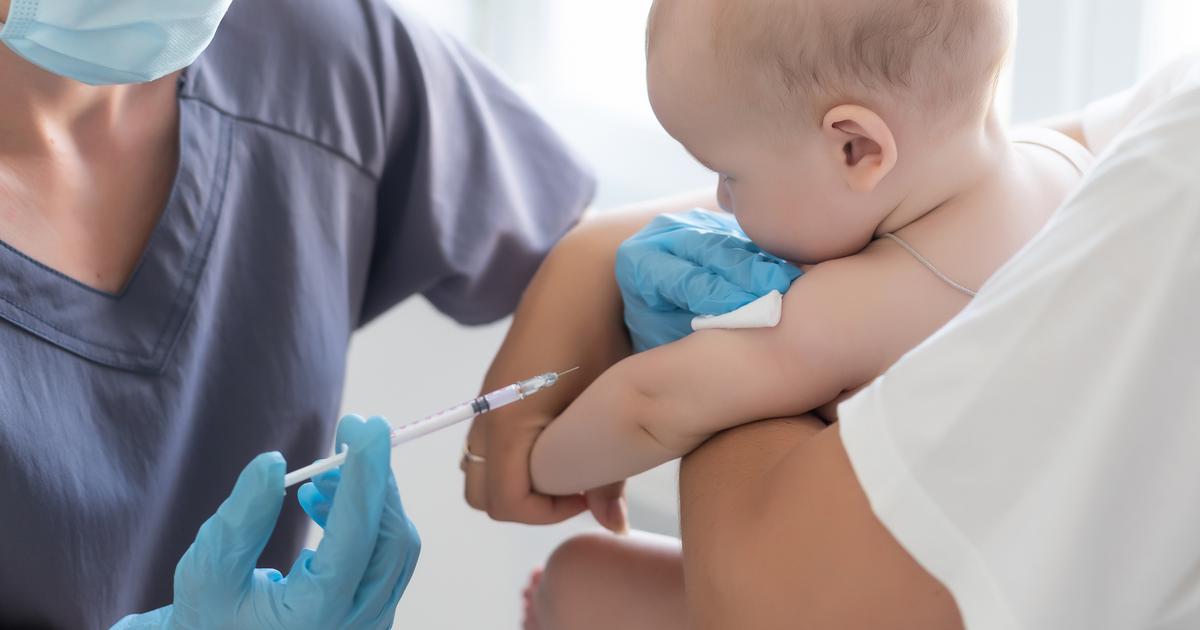The organ transplant recipients received the vaccine before everyone else, but no one knew how and if at all they would have an effect (Photo: ShutterStock)
The corona epidemic was a challenging time for everyone, but extremely difficult for the organ transplant community.
The plague instilled in us a paralyzing fear, a real fear of losing our lives, a life we only miraculously received.
My transplant friends and I locked ourselves in our house and didn't dare to meet anyone for months.
Many transplant recipients died during the first year of the corona virus, we lost people who went through the agony of receiving an organ donation that saved their lives, friends who went through a dangerous and painful transplant operation and a tedious recovery process, and after all that they fell helpless against a small virus.
The first days after a lung transplant are characterized by relearning the most basic operations.
In one moment, a lung transplant recipient turns from a person who until a moment ago had difficulty breathing, to a person who needs to learn how to activate the lung he received.
Along with the difficult rehabilitation, in order to prevent the body from rejecting the transplanted organ, he must take more than 15 different pills every day for the rest of his life.
In addition to this, every new transplant recipient is required to have multiple follow-ups and treatments and in the process learn to manage medical and bureaucratic follow-up, get to know all the required vaccinations, and the new medications on the label or not, understand how the commitment center works, and all of this in parallel with the recovery process.
For the regular use of multiple drugs, exact dose adjustment is required in order to reach the desired balance.
In order to preserve the transplanted lung, this procedure may last several months or more, during which the transplant recipients are required every week or two to perform repeated blood tests and dose updates.
Along with the regular medications and tests, organ transplant recipients must make sure to receive various vaccinations from time to time, since diseases such as influenza and pneumonia and, as of today, also the corona virus, can end in death or serious injury.
So when the first vaccines against the corona virus arrived, there was great excitement.
The organ transplant recipients received the vaccine before everyone else, but no one knew how and if at all they would affect the immunosuppressed population.
Until Corona, there was a very clear protocol regarding the vaccines that transplant recipients can receive, only killed vaccines, weakened vaccines are out of the picture, they are dangerous for a suppressed immune system that is not functioning.
But with the appearance of the corona virus everything changed, vaccines with new technologies appeared and out of the panic of the corona we all got vaccinated, we thought 'what is there to lose'.
And so a new reality began in which we consume vaccines that have never been tried on the immunocompromised population.
The idea behind the mRNA vaccines in which the majority of the population is vaccinated, that it simulates the protein of the virus and causes the immune system to react as if it were the virus itself and produce antibodies.
Apparently, this is an excellent idea for the immunosuppressed, since compared to a weakened vaccine that may endanger the immunosuppressed, here it was a completely safe vaccine for them.
It soon became clear that the vaccines protected the immunosuppressed to a lesser extent (Photo: ShutterStock)
But the greater the expectation, the greater the disappointment.
It soon became clear that these vaccines protected to a lesser extent the immunosuppressed, who even after all the doses of the vaccine did not develop enough antibodies to protect against the virus.
Then came the news, a different type of corona vaccine, which is not mRNA based but is also not a weakened vaccine, but a tolerable vaccine.
This vaccine is a kind of upgrade to the suppressed immune system through the addition of antibodies developed under laboratory conditions, in which a sufficient amount of antibodies is able to protect the patients against the corona virus.
The immunosuppressed must receive these vaccines in shorter intervals every 6 months, as over time the antibodies fade.
But until we could get the vaccine, we had to go through a long bureaucratic process, and it took a lot of time.
Finally and happily, the Ministry of Health ordered to provide the vaccine to the immunocompromised, but of course each and every transplanted person found himself in a struggle against the fund to which he belonged in order to receive the intended vaccine.
In the end, the innovative vaccine managed to change the rules of the game for us as well, and since February 2022, we too have returned to a relatively normal life.
Now I just hope that such an epidemic will not come again.
Sponsored by AstraZeneca without involvement in the content.
In collaboration with the Patient Rights Association
health
my health
Tags
Corona
Corona vaccine









